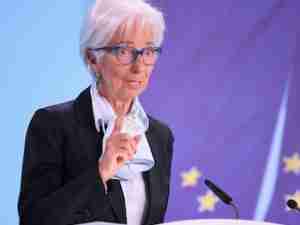Employment in Canada would fall by 85,000 in the year following a dissolution of the North American Free Trade Agreement, according to the Conference Board of Canada.
The end of Nafta would result in a 0.5 percentage point reduction in real gross domestic product growth in the first year, followed by a recovery the year after on “a lower exchange rate and an easing in monetary policy,” the Ottawa-based research group said Friday in a report. The estimated decline in GDP is a “best-case scenario in a post-Nafta world,” given other risks, it said.
The conference board also predicts:
- “Higher import prices, the resulting decline in domestic consumption, and the loss of export competitiveness would lead to a C$3.3-billion ($2.6 billion) drop in real business investment spending in Canada in the first year following a Nafta collapse”
- Real merchandise exports from Canada would decline by 1.8 percent, and real imports would fall by the same amount
- Ontario’s economy would be hardest hit, as real GDP drops C$3.8 billion in the year after the pact dissolves
- “A hit to business confidence could lead to a temporary reduction in near term investment as firms wait and assess how the new trading rules affect them”
- Tariffs would likely revert to WTO most-favored nation rates, with Canadian exports to the U.S. facing an average tariff of 2 percent, while U.S. exports to Canada faced an average 2.1 percent tariff



